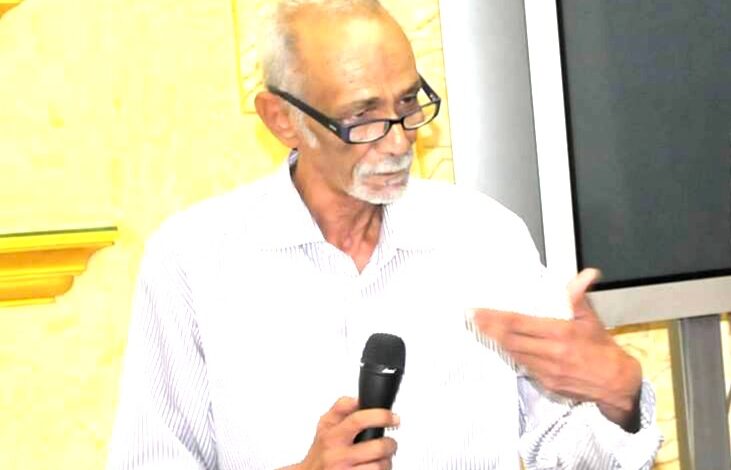
Towards Bringing an End to Illiteracy

Muawad Mustafa Rashid
A few years ago, the Ministry of General Education revealed the existence of more than 9 thousand and a half illiterate citizens in Sudan.
At that time the Ministry announced the launching of an initiative towards literacy with a cost of more than one billion and 653 thousand Sudanese pounds.
On their part, the adults’ education officers demanded issuing a Presidential decree on mandatory literacy.
It was a good step that the National Council for literacy held a coordinative forum participated by literacy managers and national service projects’ coordinators.
The outcome of the coordinative forum is to launch a comprehensive campaign to eradicate illiteracy in the country in coordination with the national services by 2020 targeting Gezira, Khartoum, White Nile, South Darfur, and northern states in the first phase of the campaign.
The said campaign was supposed to continue for 5 years to teach 40% of youth, 20% of children between 7 – 14 years of age along with the youth up to 25 years of age, them the adults up to 45 years of age, through benefiting from the basic level schools teachers, university graduates and national service students.
However, there are no universal definitions and standards of literacy. Unless otherwise specified, all rates are based on the most common definition – the ability to read and write at a specified age. Detailing the standards that individual countries use to assess the ability to read and write is beyond the scope of the Factbook. Information on literacy, while not a perfect measure of educational results, is probably the most easily available and valid for international comparisons. Low levels of literacy and education in general, can impede the economic development of a country in the current rapidly changing, technology-driven world.
In countries around the globe educators and political leaders have organized literacy campaigns to teach people reading and writing in the context of more democratic participation and a more equitable society.
Venezuela has a unique experience in ending illiteracy as within the 2004 – 2005 over 1.5 million Venezuelans became literate.
To accomplish this feat they recruited thousands of volunteers from universities, factories, and ranks of teachers, all to end illiteracy.
It would be better to follow suit the Venezuelan experience under the theme (Yes, I can).
Our message is to all concerned parties in the government as well as civil society organizations in the country to launch a comprehensive campaign to end illiteracy instead of the ongoing polemics.




